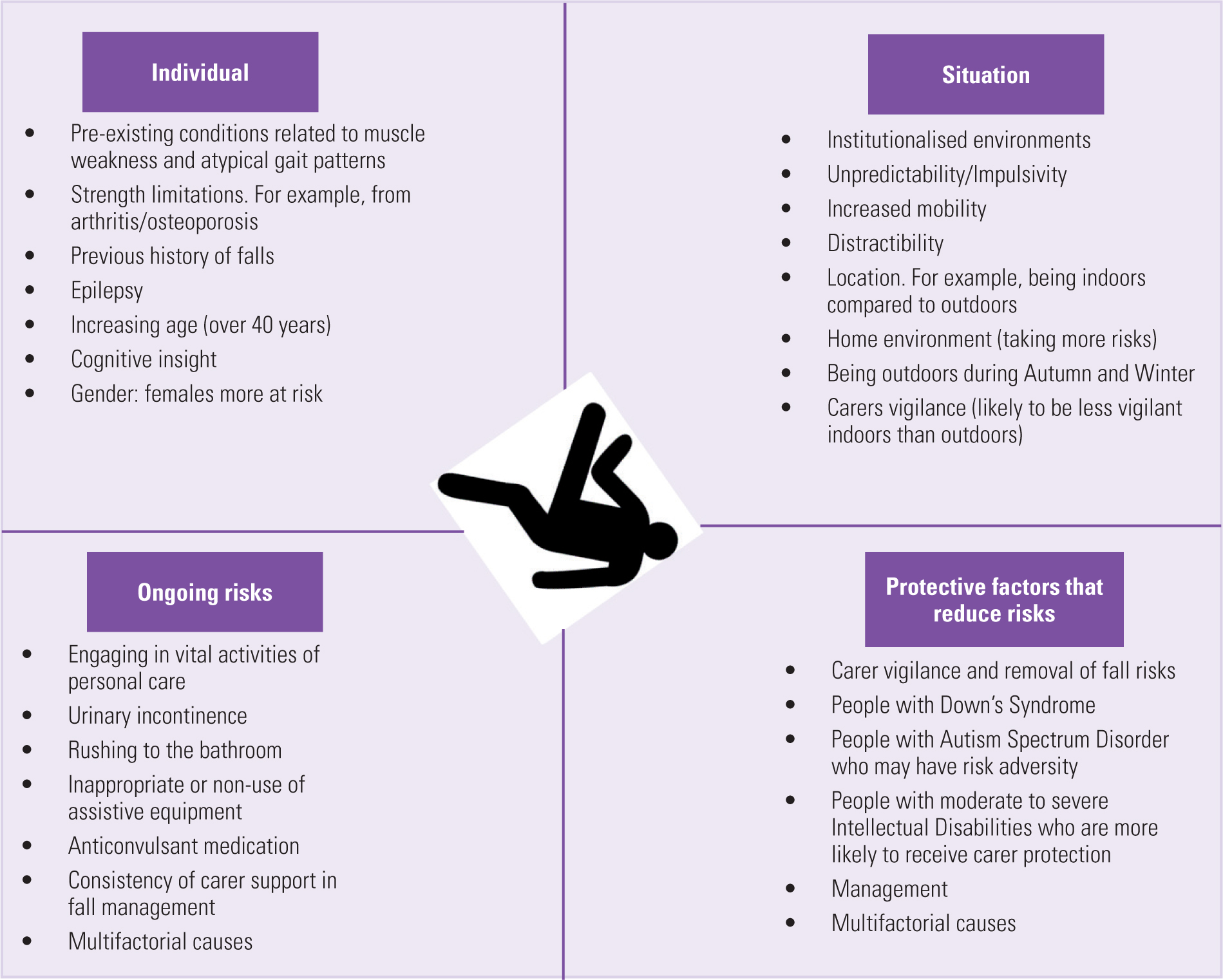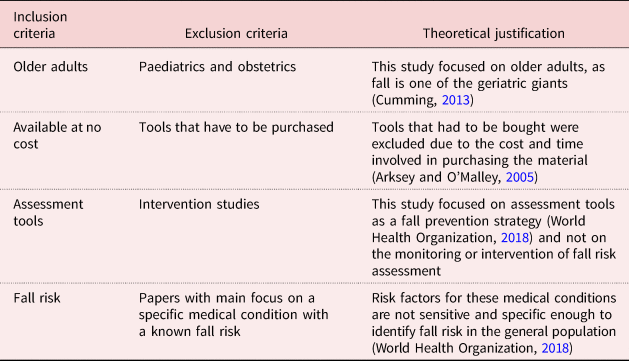Dementia Fall Risk Fundamentals Explained
Dementia Fall Risk Fundamentals Explained
Blog Article
The Dementia Fall Risk Diaries
Table of ContentsSome Known Questions About Dementia Fall Risk.All About Dementia Fall RiskDementia Fall Risk - An Overview9 Easy Facts About Dementia Fall Risk ExplainedWhat Does Dementia Fall Risk Do?
In the neighborhood, inadequate street illumination or vulnerable creeks and landfills may additionally cause accidents. Loss Threat Analysis Device (FRAT) is a 4-item falls-risk testing device for sub-acute and household care. The FRAT has 3 sections: drop threat status, risk aspect checklist, and action strategy. A Fall Danger Standing includes data concerning history of recent drops, drugs, emotional and cognitive status of the person.If the patient ratings on a risk element, the corresponding number of factors are counted to the client's fall danger rating in the box to the much. If a person's autumn danger rating amounts to five or greater, the individual is at high danger for falls. If the patient scores only 4 points or lower, they are still at some risk of falling, and the registered nurse ought to utilize their finest professional analysis to handle all loss danger variables as part of an all natural treatment strategy.
These conventional strategies, in basic, help establish a safe setting that reduces unintentional falls and defines core preventive measures for all patients. Indications are important for individuals at risk for drops.
Unknown Facts About Dementia Fall Risk
For instance, wristbands need to consist of the client's last and given name, day of birth, and NHS number in the UK. Information ought to be printed/written in black against a white history. Only red shade should be utilized to indicate special person condition. These recommendations follow existing developments in patient recognition (Sevdalis et al., 2009).
Things that are as well much might require the patient to get to out or ambulate needlessly and can potentially be a hazard or add to falls. Assists stop the client from heading out of bed with no aid. Nurses respond to fallers' call lights faster than they do to lights started by non-fallers.
Aesthetic impairment can substantially create falls. Keeping the beds closer to the flooring reduces the danger of falls and serious injury. Placing the cushion on the floor significantly minimizes fall threat in some medical care settings.
Some Known Facts About Dementia Fall Risk.
Patients that are high and with weak leg muscle mass who try to remain on the bed from a standing position are most likely to fall onto the bed because it's as well low for them to lower themselves securely. Likewise, if a high individual efforts to rise from a low bed without support, the i thought about this individual is likely to drop back down onto the bed or miss out on the bed and drop onto the floor.
They're developed to advertise timely rescue, not to prevent drops from bed. Apart from bed alarm systems, enhanced supervision for high-risk people additionally might help avoid falls.

Clients with an evasion stride boost loss opportunities drastically. To decrease loss threat, footwear ought to be with a little to no heel, More about the author thin soles with slip-resistant step, and sustain the ankles.
Some Ideas on Dementia Fall Risk You Should Know
In a research, homes with appropriate illumination report less falls (Ramulu et al., 2021). Improvement in illumination at home might decrease autumn prices in older grownups.

Sitters work for ensuring a safe, protected, and risk-free atmosphere. Studies showed extremely low-certainty proof that caretakers reduce loss risk in severe care healthcare facilities and only moderate-certainty that alternatives like video clip monitoring can reduce caretaker usage without boosting fall danger, recommending that sitters are not as helpful as initially thought (Greely et al., 2020).
The Facts About Dementia Fall Risk Uncovered

Boosted physical conditioning lowers the danger for falls and restricts injury that is suffered when fall takes place. Land and water-based exercise programs might be similarly beneficial on equilibrium and gait and consequently decrease the danger for falls. Water workout might contribute a favorable benefit on equilibrium and stride for women 65 years and older.
Chair Increase Workout is a basic sit-to-stand workout that assists strengthen the muscle mass in the thighs and buttocks and boosts movement and freedom. The goal is Website to do Chair Surge exercises without making use of hands as the customer becomes more powerful. See sources section for a detailed direction on just how to carry out Chair Increase workout.
Report this page